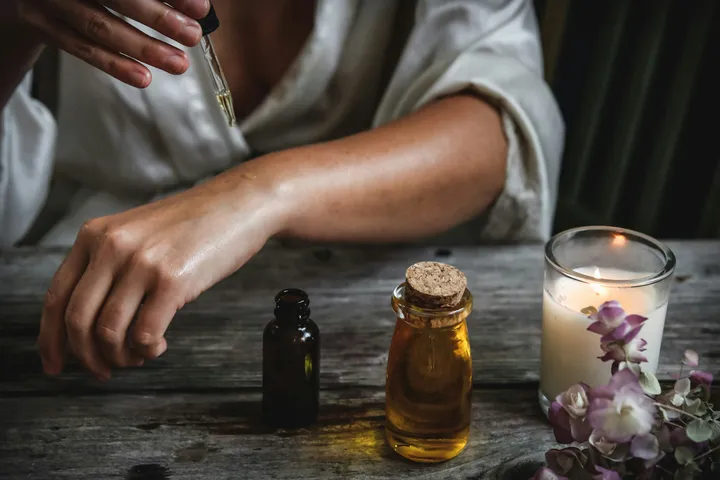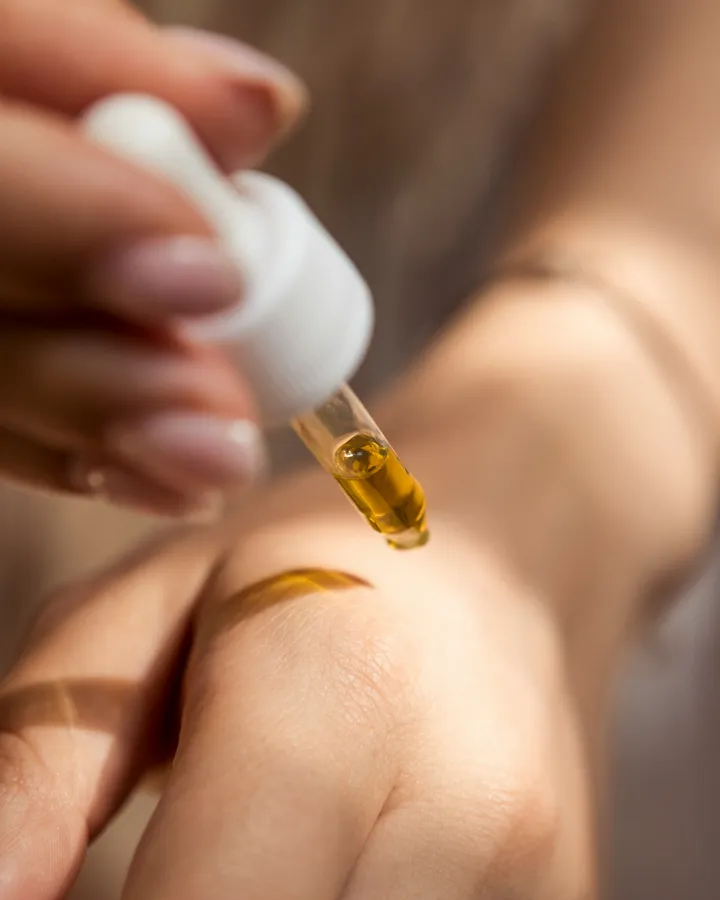The Importance of Good Facial Hydration
Facial hydration is essential for maintaining healthy, radiant, and youthful skin. Often, hydration is underestimated, but it is one of the pillars of skincare. Here, we explore why it is so crucial and how you can ensure your skin receives the hydration it needs.
Why is facial hydration important?
- Maintains skin elasticity: Well-hydrated skin is more elastic, which helps prevent the formation of wrinkles and fine lines. Elasticity allows the skin to recover more easily from daily facial movements, such as smiling or frowning.
- Strengthens the skin barrier: Dehydrated skin tends to have a compromised barrier, making it more susceptible to infections, irritations, and external aggressions such as pollution and UV rays. Good hydration reinforces this barrier, keeping it strong and protective.
- Improves skin appearance and texture: Hydrated skin looks smoother and healthier. Makeup products apply more evenly, and the skin appears more luminous. Additionally, hydrated skin tends to have fewer imperfections like dry patches and flaking.
- Balances sebum production: Many people with oily skin avoid hydration for fear of making it worse. However, dehydration can cause the skin to produce even more sebum to compensate, leading to a cycle of overproduction of oil and acne breakouts. Keeping the skin properly hydrated can help balance this production.
How to ensure good facial hydration?
- Choose the right product: Depending on your skin type, choose a moisturizer that suits your needs. Dry skin may benefit from richer, more emollient creams, while oily skin may prefer lightweight gels or oil-free formulas.
- Drink enough water: Hydration starts from within. Make sure to drink enough water throughout the day to keep your skin and body hydrated.
- Apply hydrating products correctly: Apply your moisturizer to clean, slightly damp skin to seal in moisture. Don’t forget to include hydrating serums with ingredients like hyaluronic acid and glycerin in your daily routine.
- Use sun protection: Apply sunscreen daily. Sun damage can dehydrate the skin and accelerate aging. A sunscreen with hydrating ingredients can offer an additional layer of hydration and protection.
- Humidifiers: Especially in dry climates or during winter, a humidifier in your home can help maintain moisture in the air and prevent your skin from dehydrating.
Conclusion
Facial hydration is not just a matter of aesthetics but of overall skin health. Well-hydrated skin is more resilient, looks better, and feels more comfortable. By adopting a skincare routine that includes adequate hydration and healthy habits, you can keep your skin in its best condition, now and in the future.
Incorporating these habits into your daily routine can make a big difference in the appearance and health of your skin. Don’t underestimate the power of good hydration!



.D-m3nwyL_e3i8u.webp)






.DRIdmkiB_owsKB.webp)